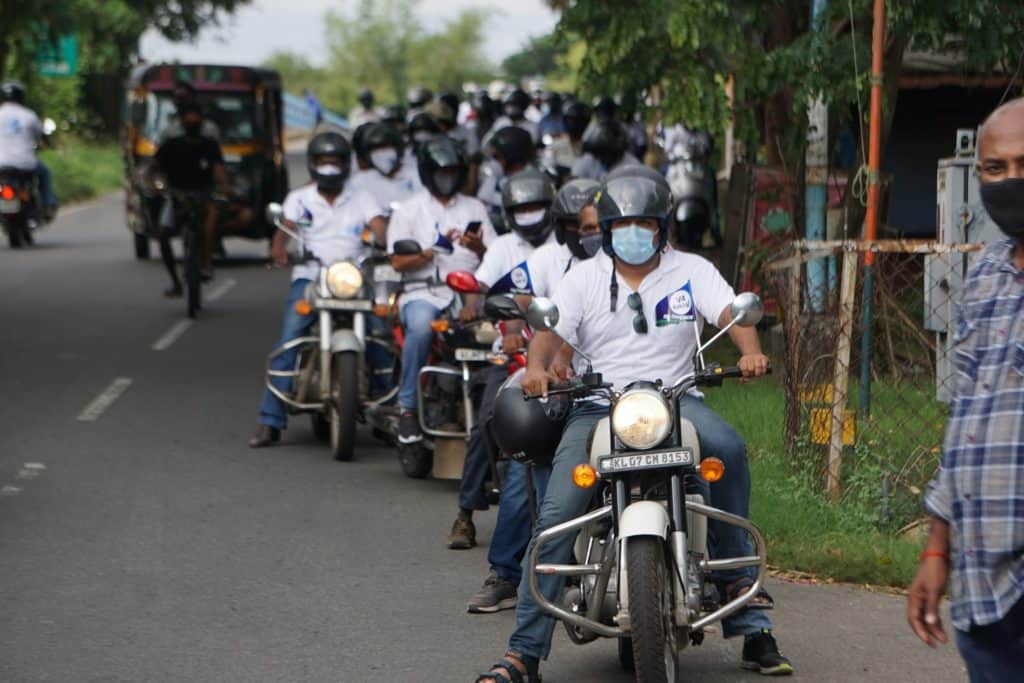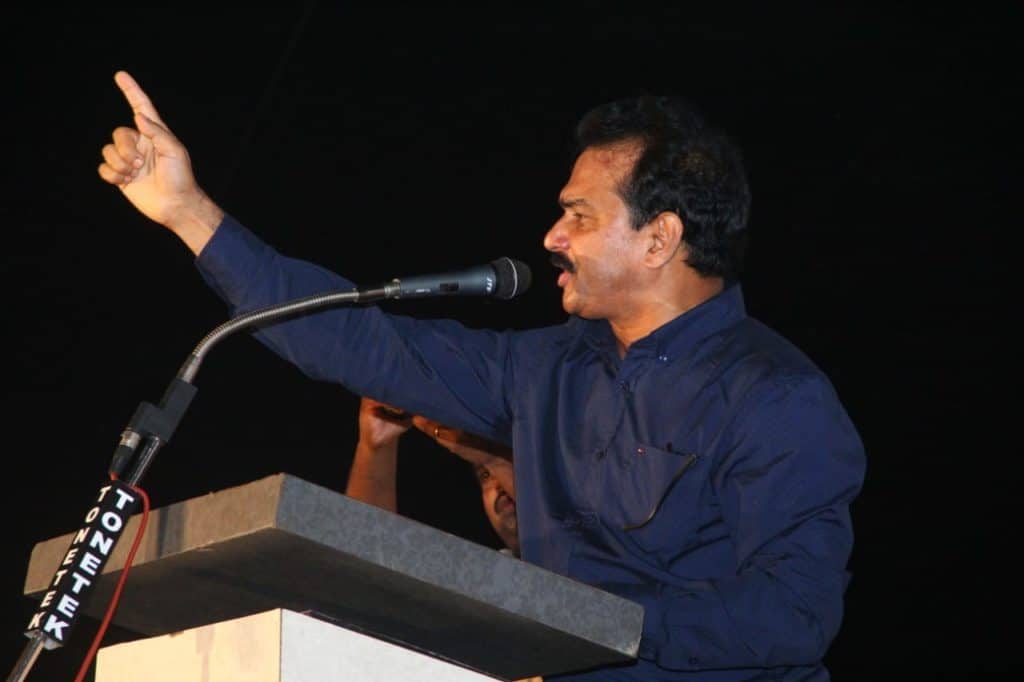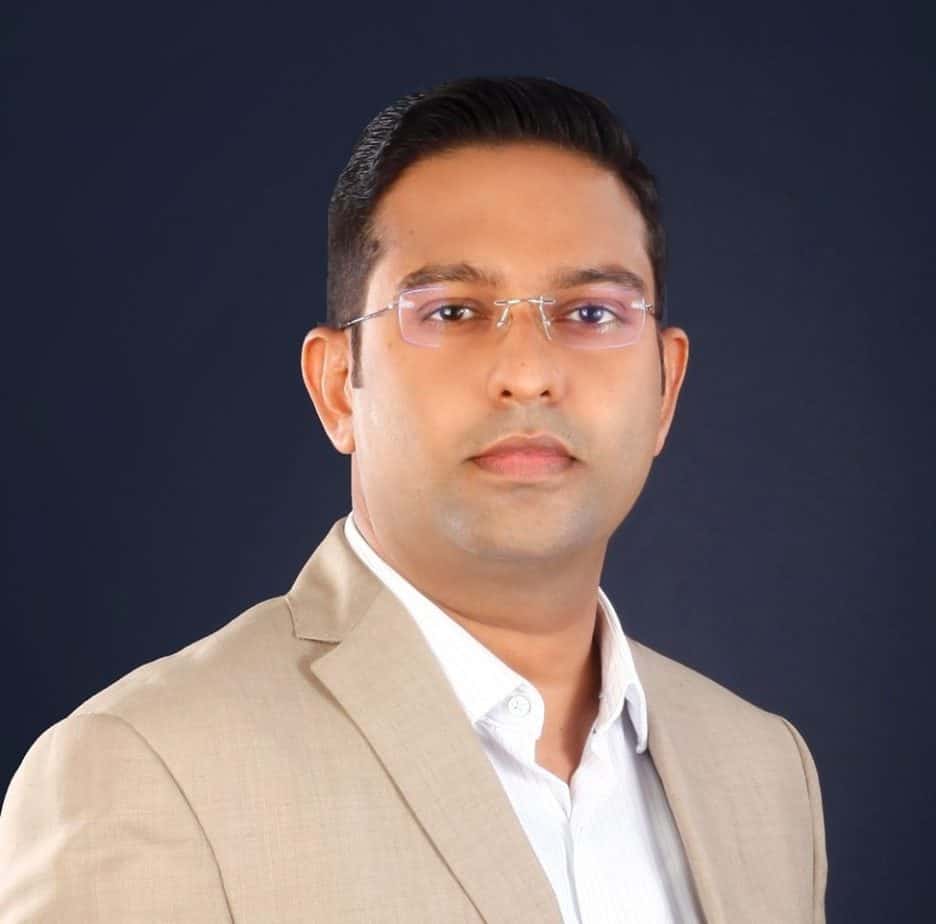Earlier this decade, ‘new political movements’ focusing on transparency and fighting corruption — such as India Against Corruption — were the flavour in many Indian cities. As Kerala goes into election mode with local bodies polls this week, several such movements at the local level have fielded independent candidates for city corporations and municipalities across the state.
Most of these movements are new, some being formed in the last few months even, but are mostly helmed by those with some experience in social work or activism.
These groups have for now avoided political affiliation, and consider themselves an alternative to the mainstream LDF (Left Democratic Front led by CPI(M)), UDF (United Democratic Front led by Congress) and NDA (led by the BJP). But many of them are planning to register as political parties soon, with plans to contest in next year’s state assembly election. Some are even in discussions with each other to emerge as a ‘fourth front’ in state-level politics.
One such movement is V4Kochi, which is fielding independent candidates in all 74 wards of Kochi Corporation. “There has been a cultural shift in the political sphere, with parties like AAP that focused on transparency,” says Nipun Cherian, campaign controller of V4Kochi. V4Kochi is going a step further. We are saying that transparency and technology should be used to bring about direct democracy, where the state and the people are one.”
Manifesto highlights of V4Kochi
- Resolutions to be passed based on ward sabha decisions
- Ward sabha meetings to be live streamed
- Information about Corporation projects, land data etc to be made public online
Nipun, an entrepreneur who was previously with AAP, gives the example of land encroachment that has to be cleared for Kochi’s Water Metro project. “The majority of land encroachment is by real estate mafia, and only about 2% by hutments,” says Nipun “But officials are clearing only the hutments. If all of the land and survey data were available in the public domain, this wouldn’t happen.”

A similar movement Twenty 20 Kottayam, which is contesting in Kottayam municipality, propounds similar ideas. They even share the ‘ship’ election symbol with V4Kochi, based on mutual understanding, says Mahesh Vijayan of the group. Formerly an IT professional based in Bengaluru, Mahesh has been an anti-corruption activist in Kottayam for the past five years. Earlier this year, he had suffered physical attacks from the sand mining mafia because of his campaign against them.
Mahesh says corruption is endemic at the local level. “Currently, ward sabha meetings are for namesake – attendance is low as the ward councillor wouldn’t inform everyone about the meetings,” says Mahesh. “information about projects is not given. So ward sabhas should be strengthened, and you only need a mobile phone to livestream meetings”.
Twenty 20 Kottayam’s vision
- There should be ward-level offices where people can get their work done, and where project details are displayed.
- Documents related to projects should be shared with citizens through Whatsapp groups.
- Projects with funds lower than Rs 5 lakh can be given to ‘beneficiary committees’ comprising local citizens.
- ike ward sabhas, neighbourhood-level committees, comprising 100 houses, should be formed.
“All these provisions already exist under the Kerala Municipality Rules and related orders, but are yet to be implemented,” says Mahesh.
But, the group is fielding only four candidates out of 52 corporation seats as they weren’t able to find enough young, qualified aspirants. In fact, many of these new political movements like V4Kochi and TVM (Thiruvananthapuram Vikasana Munnettam) invited applications from the public, and picked candidates based on age, educational qualification, background in social work, integrity, etc.
In a webinar on Dec 7th, Dr G Gopakumar, political scientist and former Vice Chancellor at Central University of Kerala, said regional development issues, rather than party politics at the state level,would be the decisive factor in this local elections. “
This election reflects a deepening of democratic decentralisation,” says Dr G Gopakumar. “People are interested in local development issues, especially since institutions of decentralisation have been around here for some 25 years. New political movements are emerging in this context”.
He adds that even the manifestos of the mainstream political parties are focusing on local issues, and they have fielded capable local workers. “In some areas, there is more interest towards civil society than traditional parties. These movements may not win, but they will get some space”.
Varying interests, agenda and funding models
Though new political movements broadly speak of good governance, the agenda and the interest groups behind these vary. For example, the main poll issue highlighted by TVM is that the state capital Trivandrum has been neglected for long. The group has fielded candidates in 14 out of 100 seats in the corporation, and their campaigns are funded by business networks in the city.
Its President S N Raghuchandran Nair is the MD of SI Properties and President of the Trivandrum Chamber of Commerce and Industry. He has also held positions at CREDAI (Confederation of Real Estate Developers Association of India).
“Top political leaders in the LDF and UDF are from other districts, and hence initiatives like the Metro, and even some top government offices have been set up in those districts,” says Raghuchandran Nair “Trivandrum is one of the few capital cities which does not even house the state’s High Court. This has affected the district’s economic development”.
TVM promises voters more private investment and jobs in the city, construction of the Trivandrum-Kanyakumari Industrial Corridor, and separate budget allocation and a separate government department for the capital region’s development.
The group doesn’t have plans regarding welfare schemes, which has traditionally been a major focus area of the LDF and UDF. “Such schemes already exist at the local level,” says Raghuchandran “The corporation can be run efficiently so that there is surplus, which can then be used to support the urban poor. The best practices in running a corporate can be adopted in the running the city corporation”.
In contrast, V4Kochi highlights the provision of a Universal Basic Income in their manifesto. Though the state already has several pension schemes, the amounts can be increased and delivery targeted at more groups, say V4Kochi members. And unlike TVM, V4Kochi and Twenty 20 Kottayam rely on crowdfunding.
But the common thread among most of these new movements is saving funds by fighting corruption, and then using these funds for social welfare schemes.
Corporate involvement
The inspiration for these new movements is Kizhakkambalam2020, a group that captured power in Kizhakkambalam panchayat in the outskirts of Kochi in the 2015 local elections. That movement had sprung from the CSR wing of Kitex Garments Ltd, a major corporate in the state with annual turnover of over Rs 1000 cr. Though the group had local support and had fielded local residents as candidates, the chief coordinator of the movement was Sabu Jacob, the MD of Kitex.
The panchayat had then got much attention for being the first ‘corporate-run’ panchayat in the country. The company’s CSR funds were pumped into the development of the panchayat. for housing, road construction, building supermarkets that sell at severely discounted rates, etc. Sabu has claimed that the panchayat is corruption free andnow has a surplus of Rs 13.57 crore whereas it had a debt of Rs 39 lakh when they took over in 2015.

However, there have been several complaints about the autocratic functioning of the panchayat, withmany pointing to a conflict of interest since there have been allegations of ecological pollution against Kitex. Nevertheless, the group is contesting in four more villages in addition to Kizhakkambalam this time.
Such ‘2020’ groups have sprung up several parts of the state, more so in and around Kochi. Somelike Twenty 20 Kottayam and Independent are contesting the local elections, while some others are supported by the Kizhakkambalam group.
Rahim Olavakkode, President of ‘All Kerala Twenty 20 Lovers’ Palakkad chapter, says groups like theirs are getting support from Kizhakkambalam 2020 for setting up local chapters. The Vice President of the Palakkad chapter is contesting a panchayat seat.
Raheem, who has been in social work for many years, says Sabu Jacob is likely to announce the formation of a political party early next year, and that several groups like theirs across the state would be part of the party. “The solution that worked in Kizhakkambalam, however, may not work here,” admits Rahim “There are some 200 corporates here in Palakkad, and we will try and get CSR funds from them. But these funds are not a requirement, development is possible otherwise too”.
Mahesh of Twenty 20 Kottayam too says they are not prioritising funding from corporates. However, both Mahesh and Raheem say that the corporate-run panchayat model in Kizhakkambalam is not problematic per se, and that complaints can be filed if the company flouts rules.
Can new political movements win elections?
Dr Sajad Ibrahim, who heads the Department of Political Science at Kerala University, says that new political movements that have popped up just before elections are unlikely to make an impact, especially in cities.
“They may have a chance in village panchayats as ward-level populations are much smaller,” explains Dr Sajad “But to win in a corporation ward, at least 50,000 people should know you. Unlike traditional parties, these groups don’t have a network of workers. Whereas, when a candidate from a mainstream party campaigns, people relate to them on the basis of the party”.
Though new political movements are often labelled ‘apolitical’, Mahesh of Twenty 20 Kottayam says they have a clear ideology of “swaraj”. Nipun of V4Kochi believes “ideology is not important even in state politics now, given that both LDF and UDF have been largely following the ideology of Fabian socialism, and there is already a consensus among the majority of citizens that this is how they want to be governed. The problem is with implementation”.

“Ideology is not quite important in state politics now” – Nipun Cherian, V4Kochi
Dr Sajad too says there’s hardly any difference between the ideologies of mainstream political fronts in Kerala. “However, winning an election highlighting the issue of corruption would be difficult,” argues Dr Sajad “Our surveys have shown that corruption is not a major election issue among people in Kerala. There’s corruption everywhere, so they don’t think a new party can change things. Instead, they are looking for the kind of work that will make life easier for them – water supply, PDS, etc. But these groups are not talking about such issues”.
Sajad points out that AAP, despite its initial focus on corruption, was able to win Delhi elections as it understood the specific needs of people and met those. Besides, he says, “how do people know that these new groups won’t be corrupt too?”
However, according to Dr Sajad, some of these movements are already working as pressure groups. For example, some of TVM’s demands were adopted by CPI(M) in their manifesto. “If these groups are able to come at least third in the local elections, they may have a chance in the assembly elections. Else, they are unlikely to influence assembly elections at least in the immediate future.”
Excellent